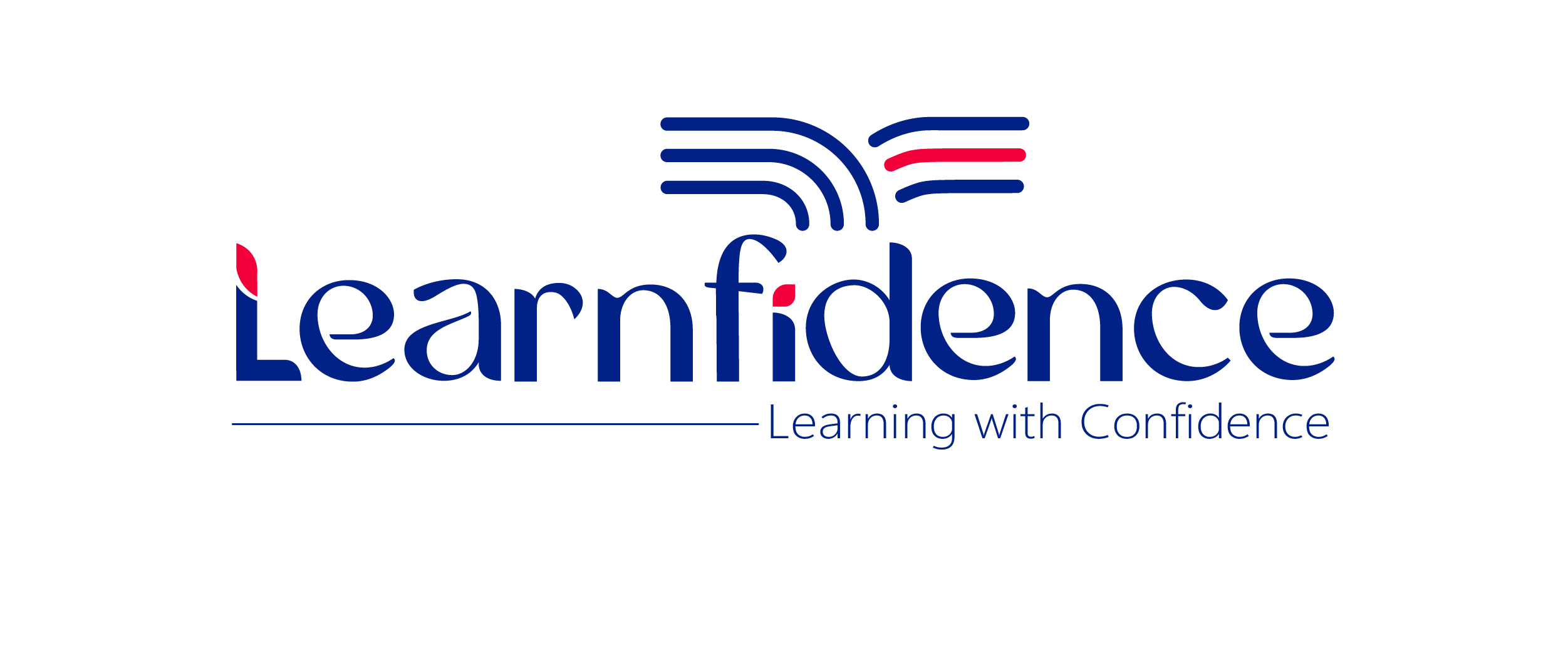Children develop at different paces, but for some, learning challenges persist despite consistent effort. These difficulties could be due to an underlying learning disability. Early identification and intervention can make a significant difference in how your child progresses both academically and emotionally. As a parent, it’s essential to recognize the signs that may indicate your child could benefit from specialized support.
1. Difficulty with Reading and Writing
One of the most common signs of a learning disability is persistent difficulty with reading and writing. If your child struggles to recognize letters, sounds, or words, it could indicate dyslexia or another reading-related learning disability. Consider exploring online learning disability treatment for children that addresses these specific challenges.
2. Trouble Understanding Math Concepts
Children with dyscalculia, a math-based learning disability, may find it hard to understand numbers, equations, or time. If your child regularly struggles with basic math concepts despite ample practice, it may be a sign they need more targeted learning support through online special education classes or specialized tutoring.
3. Slow Progress in School
If your child is consistently behind their peers in key subjects, such as reading, writing, or math, and traditional teaching methods haven’t helped, it may be time to look into learning disability courses. Programs like Thrive special education offer personalized plans tailored to your child’s unique learning needs.
4. Inability to Follow Instructions
Children with learning disabilities often have difficulty following multi-step instructions, especially when they involve complex language. If your child frequently forgets or misinterprets instructions, it may signal an underlying issue, such as a processing disorder or ADHD.
5. Difficulty with Time Management and Organization
Learning disabilities can also affect a child’s ability to organize their thoughts or manage their time. If your child has trouble keeping track of assignments, organizing their materials, or completing tasks on time, this could be a sign of a learning disability.
6. Poor Handwriting
Children with dysgraphia, a learning disability related to writing, often struggle with handwriting. If your child’s writing is consistently illegible, or they complain of physical discomfort while writing, they may need specialized support to develop these motor skills.
7. Low Self-Esteem or Anxiety Around Schoolwork
Learning disabilities can take an emotional toll. If your child expresses frustration, anxiety, or low self-esteem related to school, it may be because they’re struggling with an undiagnosed learning issue. Emotional difficulties can be a strong indicator that they need support from professionals through online learning disability treatment for children.
8. Trouble with Focus and Attention
Children with ADHD or other attention-related learning disabilities often struggle to focus during lessons or while doing homework. If your child is easily distracted, fidgety, or unable to concentrate for extended periods, they may benefit from learning environments that are tailored to their needs.
9. Avoidance of Reading or Homework
Children with learning disabilities may avoid homework or reading because it’s too challenging for them. If your child regularly avoids school-related tasks or shows signs of procrastination, it might indicate they need additional support or a different learning approach.
10. Difficulty with Social Skills
Learning disabilities can also affect social skills, as children may struggle with communication, understanding social cues, or forming relationships. If your child has trouble interacting with peers, it could be linked to their difficulties with processing information or communication.
What to Do Next
If you’ve identified several of these signs in your child, the next step is to seek a formal evaluation. Consulting an educational psychologist or specialist can help diagnose the specific learning disability. From there, you can explore various options, such as enrolling your child in learning disability courses or Thrive special education programs that provide personalized online treatment.
Many parents find that online special education classes offer the flexibility and targeted support their child needs. These programs allow children to work at their own pace in a structured environment that caters to their learning style. Additionally, localized options like extra curriculum activities can help address specific curriculum needs while offering the specialized attention required for children with learning disabilities.
Recognizing the signs of a learning disability early can make a significant difference in your child’s educational journey. If your child displays any of these ten signs, don’t hesitate to seek professional help and explore tailored treatment programs that can unlock their full potential.


